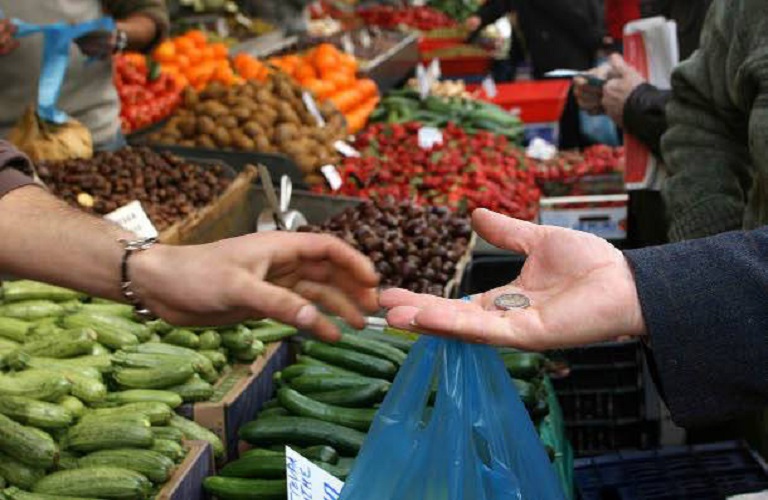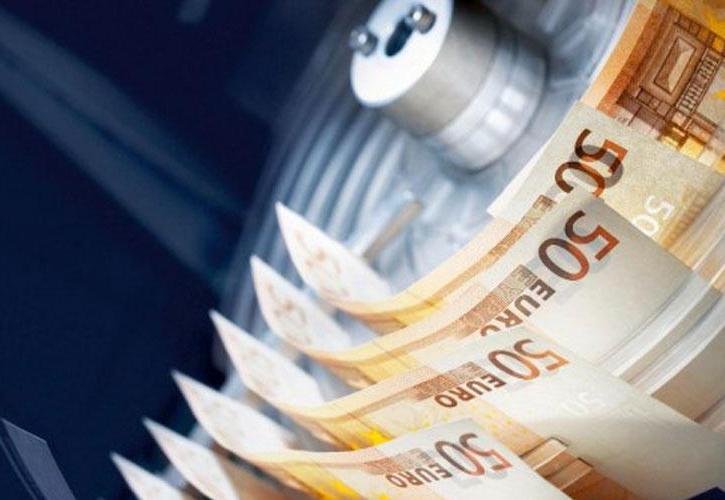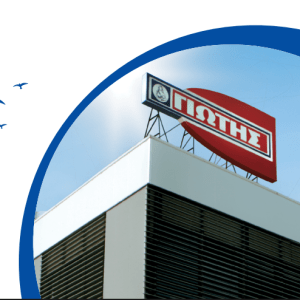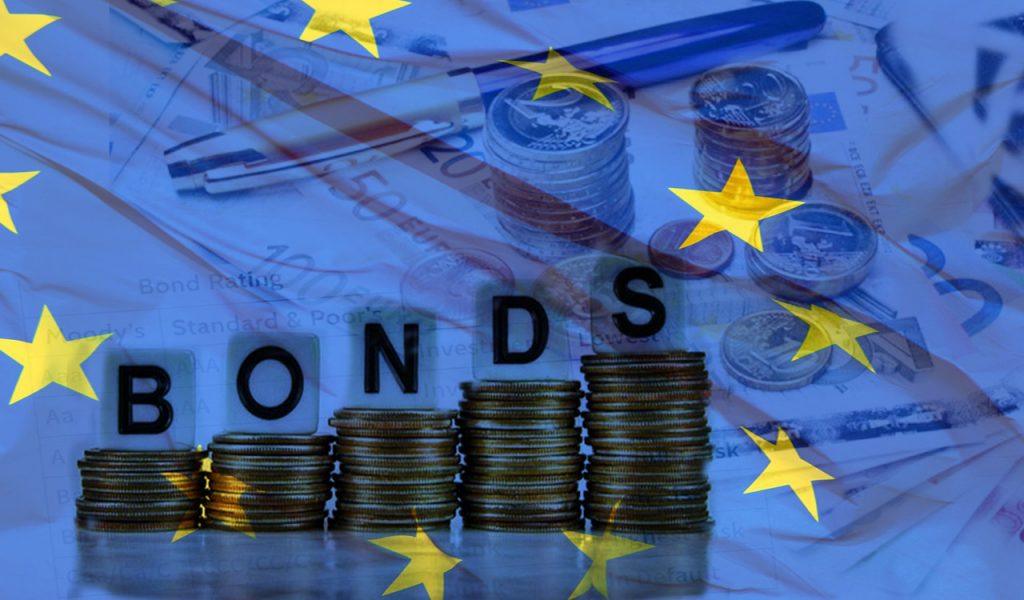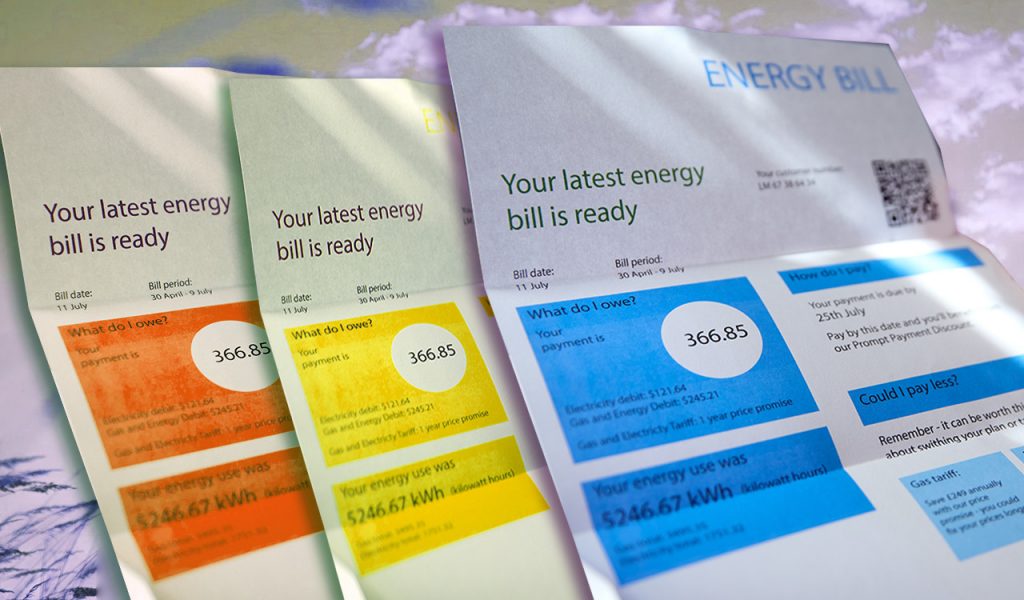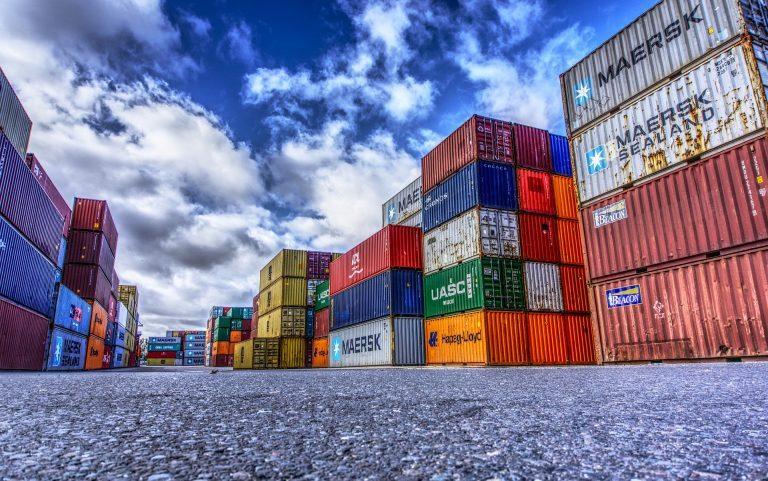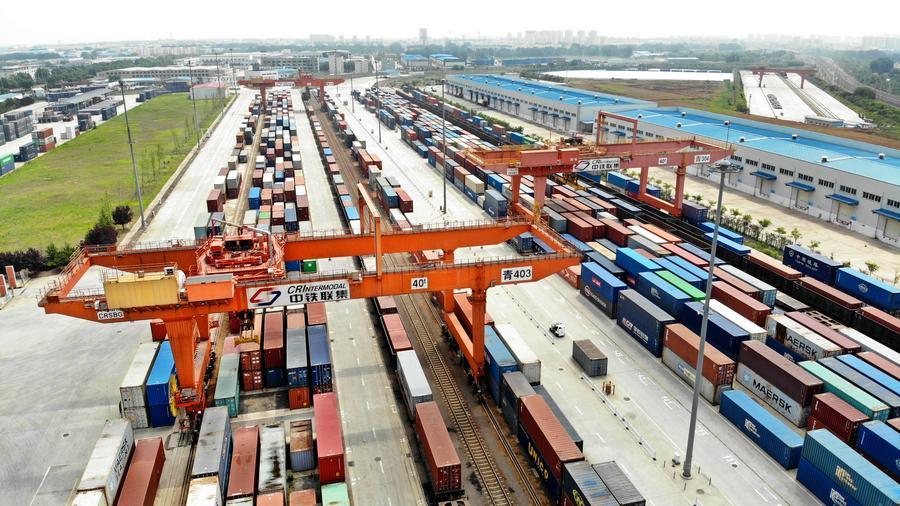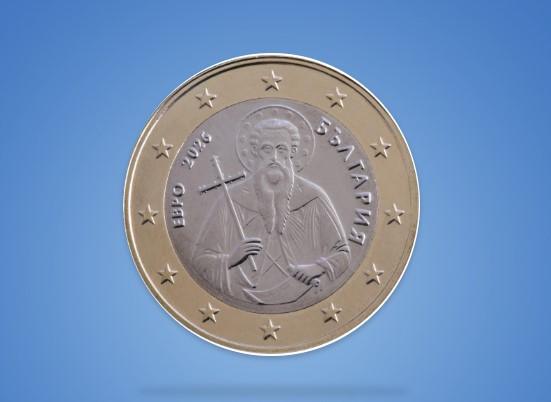The consumer basket has become a burden, with inflationary pressures leading to a barrage of price increases on a range of staples, from fresh vegetables and meat to gas and heating oil.
The government’s financial staff is closely monitoring the wave of price increases not only in fuel, but in all products and services, and is ready to react if price increases exceed certain limits.
What the data show
According to the official data of ELSTAT for September, the situation in the prices on the energy front, in transport but also in many fresh products is explosive.
The price of natural gas jumped by 108.5% in September 2021 compared to the same period last year, heating oil by 28.9%, fuel and lubricants by 18.1%, olive oil by 18.4%, fresh vegetables by 21.1%, while the price of lamb and goat was 17.5% higher.
On a monthly basis, natural gas shows the largest increase again (+ 12.8% from August to September), followed by olive oil with an increase of 11.8%.
Fuels rose in price by 18.1%, fresh vegetables by 21.1%, lamb and goat by 17.5%, olive oil by 18.4%, other edible oils by 15%, fresh fish by 7 , 9%.
Also, in 20.9% the price increases in passenger air transport and in 9.5% the price increases in hotels.
At the same time, the price increases proved to be high on a monthly basis, ie from August 2021 to September 2021, as within 30 days a significant increase was recorded in the following: natural gas 12.8%, olive oil 11.8%, lamb and goat 7.3%, bread 2.5%, fresh fruit 2.2% and fresh fish 2.1%.
Consumers
However, consumers are already seeing price spikes in a number of goods and services such as catering. For example, in coffee already increases of more than 15% are recorded. Coffee to go in many stores has gone from 1.5 euros to 1.7 euros while elsewhere from 1.8 euros is now priced at 1.9 euros.
At the same time, bakeries keep the prices stable, having increased by 4-10% other dough products, etc.
“Alarm” from the Budget Office for price increases
Also, the State Budget Office in Parliament in its opinion on the draft budget 2022 has sounded the alarm over price increases.
The Office says that maintaining inflationary pressures will reduce household purchasing power and push for compensatory fiscal interventions.
At the same time, at the level of the Eurozone, prolonged inflation may lead to a faster withdrawal of the existing monetary policy extension measures and thus to an increase in borrowing costs, which will negatively affect the growth rate.
